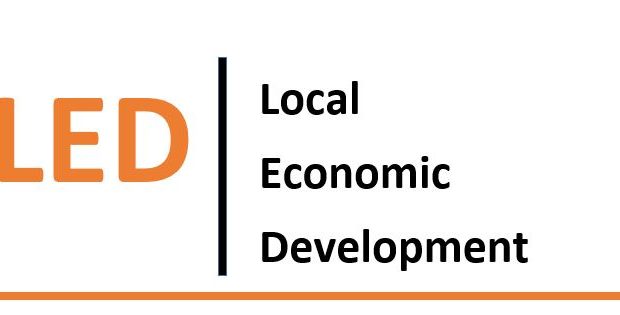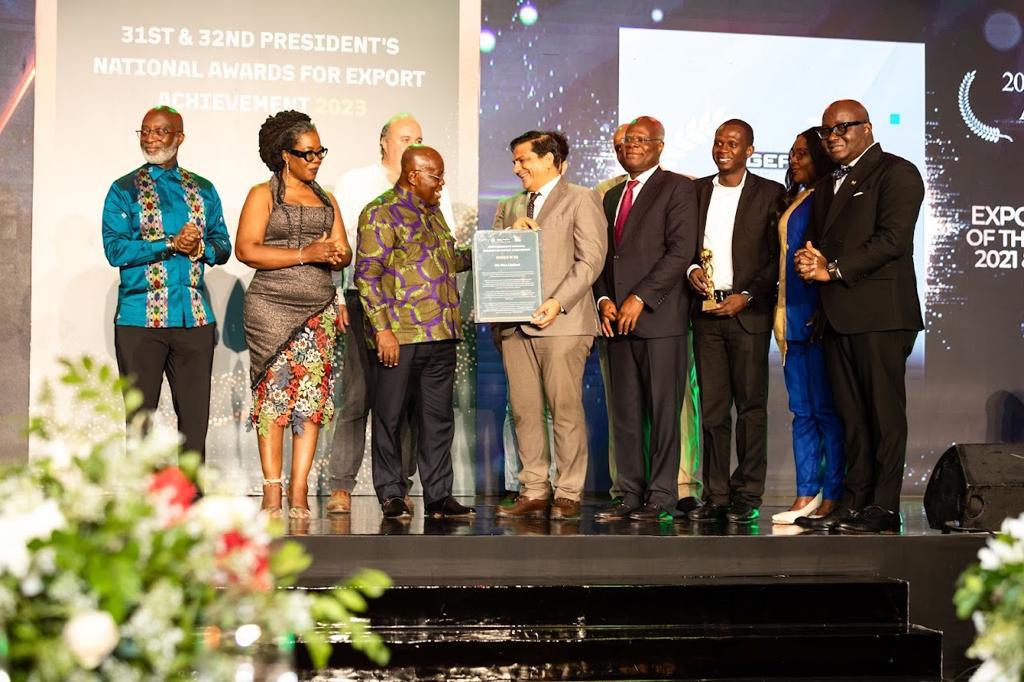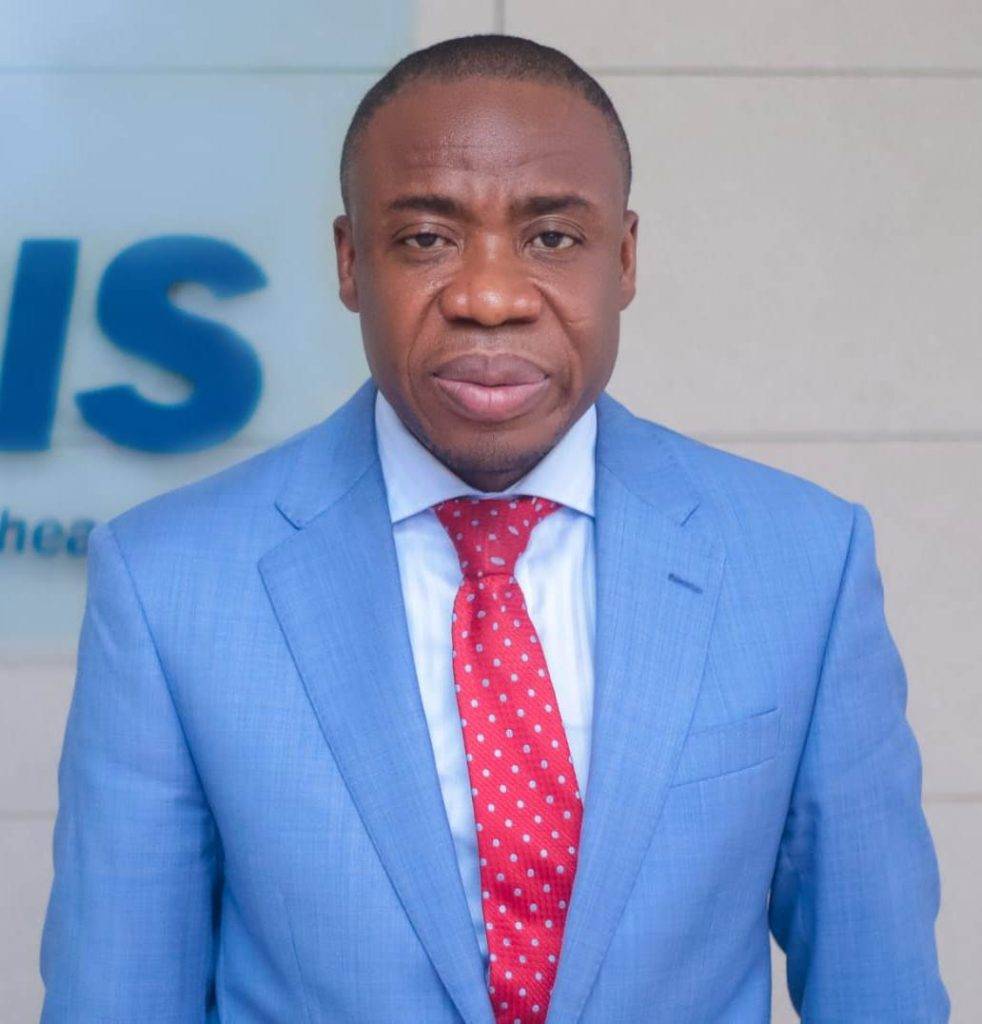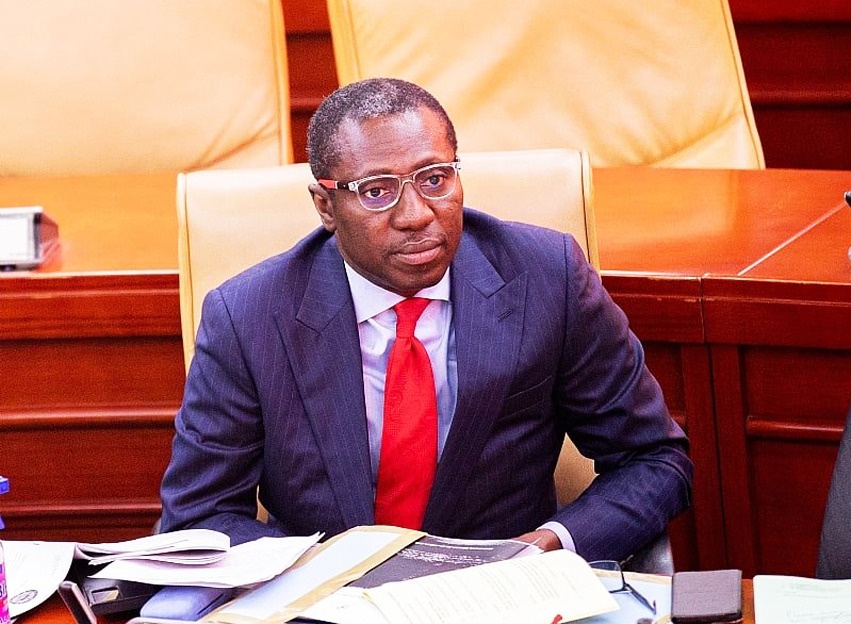
Shear Power Ventures, in partnership with the Rural Enterprises Programme (REP) and National Board for Small Scale Industries (NBSSI), is promoting equitable distribution of wealth in Ghana’s districts through proper implementation of the Local Economic Development (LED) policy.
LED is a bottom-up approach to sustainable economic empowerment, growth, and development through activities in and by localities for the benefit of residents. The goal is to harness wealth creation and improve quality of life by generating employment, enhancing competitiveness, and increasing sustainable and equitable growth.
The success of LED initiatives is attributable to deliberate actions taken through integrated strategic partnerships between central and local government, private sector, community-based organizations, local communities, and donor organizations who work together to improve the local economy.
“LED in Africa has become identified with self-reliance, survival and poverty alleviation, rather than participation in the global economy, competitiveness and finding market niches.”
In Ghana, pro LED concepts date back to the 1960s. However it was the 1992 Constitution that placed emphasis on promoting an inclusive and dynamic framework for LED. While some success has been achieved, critical bottlenecks, which include the marginalization of local businesses from the planning process, require urgent attention.
Shear Power Ventures (SPV) is now poised to organize a series of purposive roundtable discussions in one district per region for a more comprehensive synthesis of information relating to the functionality and optimization of LED. The district roundtable meetings will kick off in April 2017 with local government, local businesses, CBOs, NGOs, and traditional leaders. Finally, a meeting will be held with national policymakers and donor partners in Accra to share findings, advocate improvements, and conclude the discussions.
The discussions will center on:
At the first roundtable held in Accra in November 2016, participants, after vibrant deliberations, presented among others the following challenges and recommendations:
Challenges:
Recommendations:
Dr. J.K. Mensah, a Development Consultant, argued that private sector’s participation is necessary for expanding LED. Therefore, central and local government need to engage the private sector in refining, prioritizing and designing appropriate LED strategies that will unlock local potentials and transform the local economy into a vibrant, dynamic one.
He enumerated a number of LED opportunities and initiatives in Ghana that could be exploited through the District Assemblies.
Among these are Pro-poor tourism, Agritourism/Agrotourism, Aquaculture, Cassava production and processing, Cashew production and processing, Kente production, Clay Mining. He asked participants to consider the key question of how the private sector could lead the LED initiative. He called on the GFZB to attract businesses into localities and use them as instruments to drive growth.
In response, the former Executive Secretary of the GFZB, key sponsors of the first event, enumerated some challenges in implementing the Free Zones concept. Mr. Twum Boafo explained that an overemphasis on revenue collection from taxing imports has ensured that the long term goal of establishing companies to gin up revenue through the PAYE tax system is not a priority.
He advocated a holistic approach to removing impediments and over-focusing on oil and cocoa, adding that “the aggregation of non-traditional revenues is potentially higher than inflows from traditional sectors of the economy.” He stressed the need to give LED initiatives the chance to grow and be firmly rooted before rushing to levy taxes on them.
The overall objective of the discussions is to create a climate for increased, sustainable private sector participation in Local Economic Development for improved quality of life.
Shear Power Ventures, in partnership with the Rural Enterprises Programme (REP) and National Board for Small Scale Industries (NBSSI), is promoting equitable distribution of wealth in Ghana’s districts through proper implementation of the Local Economic Development (LED) policy.
Read Full Story


















Facebook
Twitter
Pinterest
Instagram
Google+
YouTube
LinkedIn
RSS